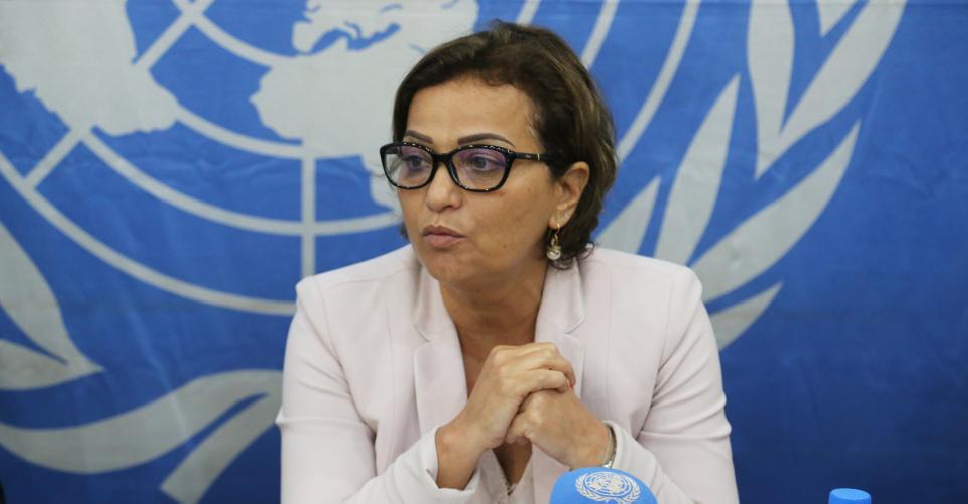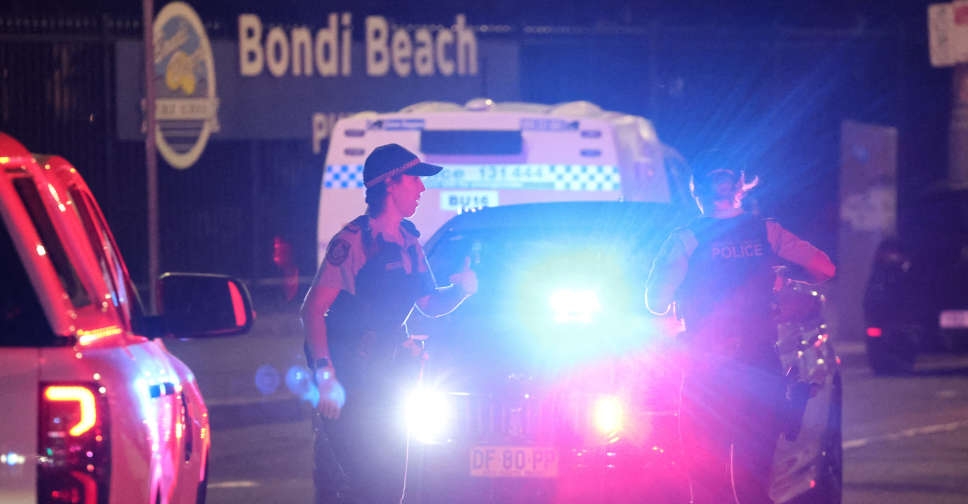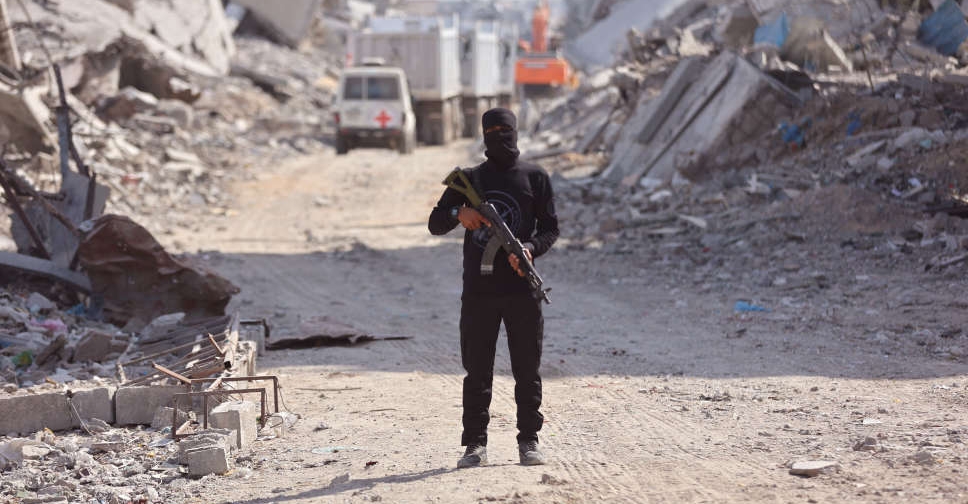
The United Nations and its aid partners are seeking more than AED2 billion to address humanitarian needs in Lebanon following the deadly explosions in Beirut earlier this month.
The campaign, which was launched on Friday, will help the Lebanese people to move from immediate lifesaving relief towards reconstruction and recovery, including repair of the shattered economy in the longer term.
"The scale of the loss from the Beirut explosions is so vast, it is likely every single person in Lebanon has been touched by this terrible event," said Najat Rochdi, the UN Deputy Special Coordinator for the country, who is also the Resident and Humanitarian Coordinator there.
Nearly 180 people were killed and more than 6,000 injured in the blasts, which destroyed most of Beirut’s port and surrounding neighbourhoods. Thousands are now homeless.
The appeal targets four areas: food security, health, shelter and education with immediate plans to provide hot meals and food rations, as well as grain deliveries.
Health response will focus on rehabilitating damaged facilities and providing trauma kits and essential medications.
Families forced to flee their homes, will be given cash to cover their shelter, and funding also will go towards repairing common building areas and facilities affected by the blast.
Education response will include repairing schools and providing psychosocial support, among other measures.
"The task of rebuilding people’s lives and recovering from the devastation is only just beginning," said Rochdi.
"I urge the international community to demonstrate their steadfast commitment to the people of Lebanon and repay in turn Lebanon’s incredible generosity to Syrian and Palestine refugees with full financial support for this appeal," she said.
The UN and its partners are already on the ground in Beirut, working round the clock with national authorities, non-governmental organizations, volunteers and local communities.
For example, more than 2,000 people have received medication for acute and chronic conditions from mobile health clinics run by the UN refugee agency, UNHCR.
Meanwhile, the UN Children’s Fund (UNICEF) has helped with the distribution of 10,000 tetanus vaccines and other supplies to primary health care centres. The agency has also provided food, water, clothes and detergents to 700 children and their caregivers.
Additionally, roughly 17,500 metric tons of wheat flour is on the way to Beirut, with the first shipment due by August 20.




 Shooting at Australia's Bondi Beach kills 12
Shooting at Australia's Bondi Beach kills 12
 Police hold person of interest after Brown University shooting leaves two dead
Police hold person of interest after Brown University shooting leaves two dead
 Hamas says Israel's killing of senior commander threatens ceasefire
Hamas says Israel's killing of senior commander threatens ceasefire
 Ukraine's Zelenskyy ditches NATO ambition ahead of peace talks
Ukraine's Zelenskyy ditches NATO ambition ahead of peace talks


